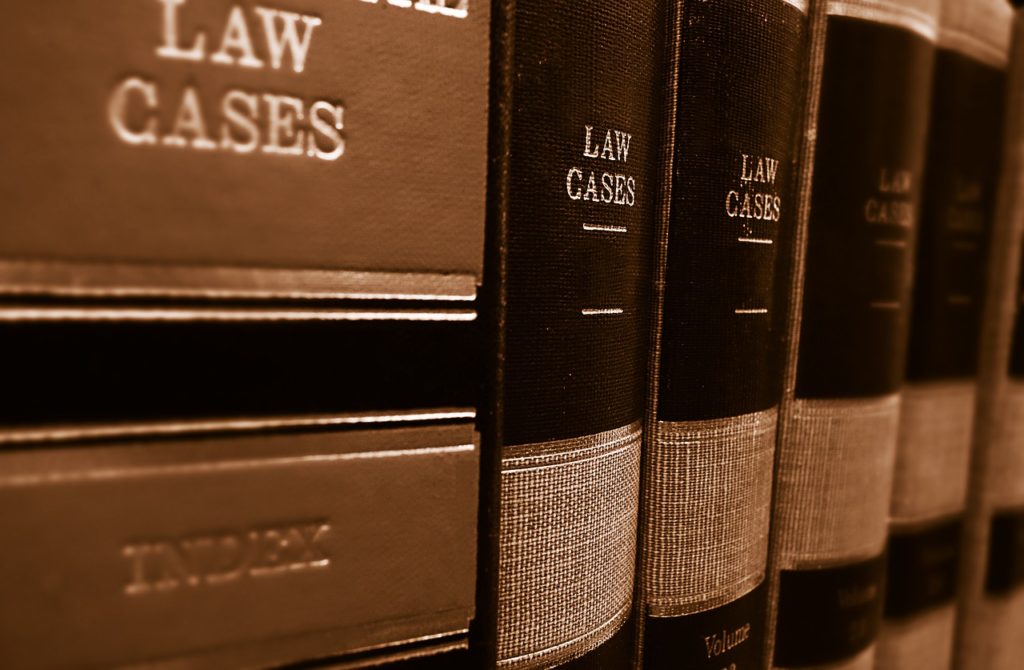Conservative justices on the Supreme Court on Tuesday questioned the authority of Department of Health Services Secretary-designee Andrea Palm to curb the COVID-19 pandemic as they heard arguments in a lawsuit by the Republican-led Legislature seeking to block the extension of the safer-at-home order.
Justice Rebecca Bradley questioned how the state constitution allows “a single, unelected cabinet secretary to compel almost 6 million people to stay at home and close their businesses and face imprisonment if they don’t comply with no input from the Legislature, without the consent of the people.”
“Isn’t it the very definition of tyranny for one person to order people to be imprisoned for going to work, among other ordinarily lawful activities?” she asked. “Where does the constitution say that’s permissible?”
Colin Roth, assistant attorney general at the Department of Justice, said the Constitution allows the Legislature to enact state laws to protect public health, which is what it did by granting DHS power to “do whatever is necessary to combat a novel, deadly communicable disease like the one we’re facing.”
Roth said that if the court blocks the safer-at-home order, it would be “absolutely devastating and extraordinarily unwise.”
He noted the Legislature asked for a six-day stay of any order in its lawsuit.
“It understands that if safer-at-home is enjoined with nothing to replace it and people pour out into the streets, that the disease will spread like wildfire,” he said.
Bradley also cited a court decision allowing for the internment of Japanese Americans during World War II and asked if DHS could do something similar and what limits it faced. Roth said there are constitutional limits, citing a lawsuit filed Monday regarding the freedom of religion and travel. He added that if the Legislature feels that the authority given DHS is too broad, it should amend the law and add limitations.
Justice Daniel Kelly questioned Roth on the criminal penalties in the order. He called that “illustrative” of what Palm is doing with the order.
“She is, through this order, creating a law,” he said. “The fact that it is punishable by criminal sanction simply highlights the fact that she is creating a law. What I’d like to know is how is it that she came by the power to create law all by herself?”
Roth said that if the court is concerned with the criminal liability aspects of the order, they could issue a ruling that says it can’t be enforced through criminal prosecution, leaving it up to civil fines or action.
“I don’t think that undermines the fundamental nature of what it does,” he said.
Justice Annette Ziegler said that the actions of Gov. Tony Evers and Palm may make sense given the situation.
“Part of the problem we have is we may personally think things make sense but we have to apply constitutional principles and the language of the statute and the law to figure out whether it does,” Ziegler said.
Ziegler questioned Roth on local control. He said that state law allows DHS to issue orders on any city, village or county that supersede conflicting and less stringent local orders. He noted that the virus doesn’t respect county boundaries, referencing an outbreak in Brown County.
Chief Justice Patience Roggensack said the outbreak was due to meatpacking plants in the area.
“That’s where Brown County got the flare,” she said. “It wasn’t just the regular folks in Brown County.”
Ryan Walsh, an attorney for the Republican lawmakers, said the order is invalid as an unpromulgated rule.
“There are a number of things DHS can do, but it has to work with the body that gave its power in the first place,” he said. “Denying the injunction here would mean that the governor and DHS get to exercise unlawful authority for as long as they want while relying on data that they refuse to disclose all the while denying the people’s elected representatives a role in addressing the long-term response to this pandemic. That cannot be the law.”
Wisconsin Health News is removing the password on all stories related to the coronavirus. For the latest developments follow us on Twitter at @wihealthnews or check out our website. For complete healthcare coverage, sign up for a free trial to our daily email newsletter.
